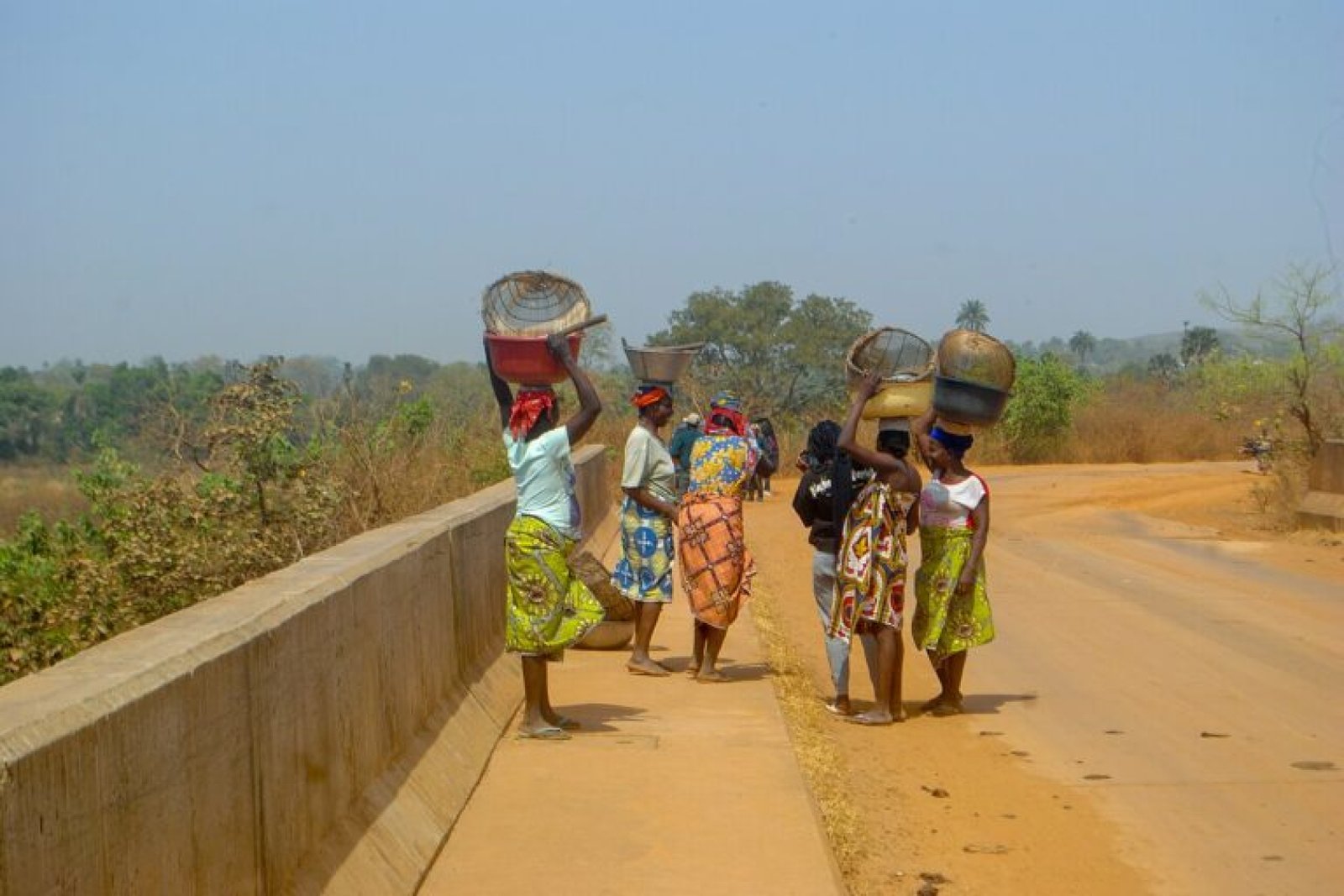
In a recent meeting in Dakar, Senegal, approximately 150 women activists and community leaders from 14 West and Central African countries came together for the third Women’s Climate Assembly (WCA). The focus of the assembly was addressing the impacts of the climate crisis in Africa, resulting in the agreement to establish an African women’s climate justice day.
The timing of the assembly was crucial as the effects of the climate crisis are significantly felt in Africa, with the continent being the most vulnerable to its consequences. Women in Africa are the first to face these impacts, as highlighted in a study published in February 2024. The study revealed that severe flooding in South Africa caused by the climate crisis destroyed local markets and infrastructure, resulting in women, especially smallholder farmers, being forced to grow food locally to survive.
Furthermore, more than 25 million women are currently facing food insecurity in affected areas due to disrupted food supplies, lost crops, and restricted access to nutritious food. Studies also show that women in Africa face a double burden of gender inequality and environmental degradation, underscoring the need for action.
As stated by one of the participants, “In most African communities, women are the guardians of nature; they care for children, grow food, and are responsible for gathering water. Therefore, it is only fitting that a day is designated to recognize and address the particular challenges women face in the face of the climate crisis.”
—-


